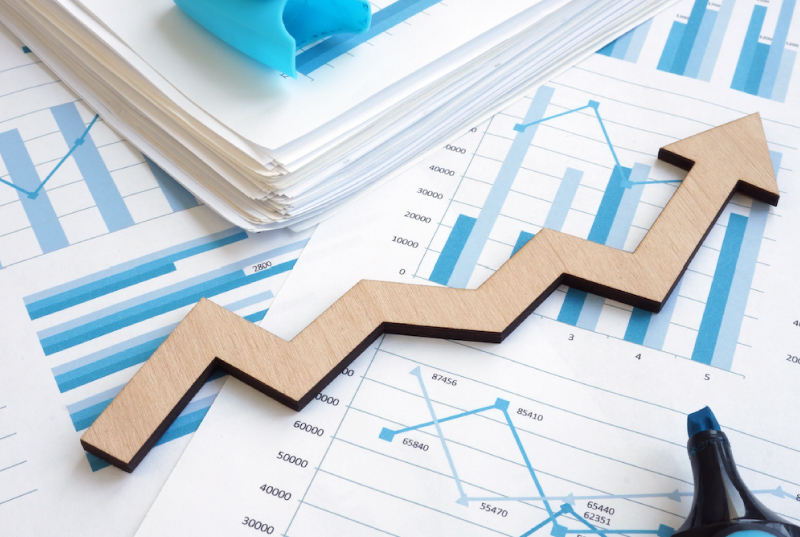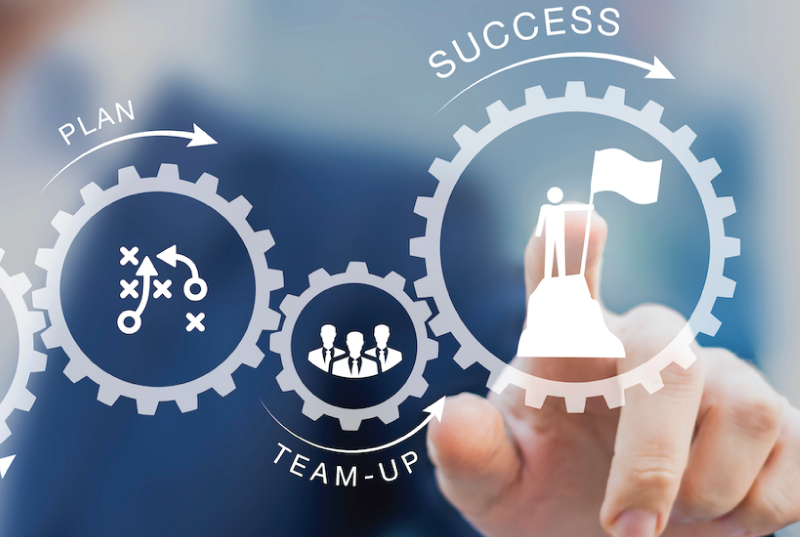Innovation in an Age of Uncertainty
Learn how marketers can ajdust to an event-less world in the wake of Covid
Demandbase
B2B Go-To-Market Suite, Demandbase
Two weeks ago, we were in the final stages of preparation for what would have been our seventh annual ABM Innovation Summit. Now, everything has changed. Although the COVID-19 virus will undoubtedly have far more broad consequences than merely the cancellation of events (indeed, on a day when the stock market has plunged more than 10% and 6.7 million people in my home state of California have been ordered to shelter in place for the next several weeks, it seems somewhat silly to even point that out), events were certainly one of the first material ways that this pandemic forced adjustments in the business world.
So how do we adjust? How do we make up for the loss of an entire channel?
First, it’s important to point out that our overall events strategy – whether sponsoring or hosting – is designed to do three things: generate opportunities and revenue for the business; strengthen our brand and category leadership; and build relationships with other players in the space (including partners, press and analysts). However, not all events are created equal; certain events skew very heavily toward the opportunity generation “pillar”, whereas others – including our own ABM Innovation Summit – are much more about category leadership and relationship-building.
In fact, our annual conference is more heavily skewed toward thought leadership than almost any other program run by Demand Gen. This year in particular, we expected more than 40% of attendees to be existing customers, and most others (outside of press and analysts like yourself) to come from high-value accounts that were likely already in a sales cycle. Contrary to the majority of the events that we sponsor, the conference that we host is our opportunity to showcase our category leadership, highlight product and company news, launch a new iteration of our brand and prove that we can pull off a kickass marketing program (which is important for us, given that we market to Marketers).
I say all this because the cancellation of our event likely won’t have a huge impact on our pipeline in the short term. In fact, in the span of one day, with little more than a “PS” in a broader note about the COVID-19 virus, we had nearly double the number of registrants for the virtual version of our keynote than we had generated in the prior 6 weeks for the in-person conference itself. If the conference was about pure demand gen, I’d put all my eggs in the digital basket. But it isn’t.
“Replacing” the conference, then, is about more than porting it over to a digital environment and ensuring that we get in front of enough target accounts to make it worth our while. It is about recreating the same level of VIP treatment that we would have been able to offer in person. People come to conferences to absorb content, yes, but they also come to build relationships with people who understand their challenges, to get inspired and reenergized about their careers, to build up their personal brands, and to be a part of what’s next in their industries or professions.
Almost immediately after we realized we couldn’t responsibly pull off the in-person event in March, we decided not to move the content online, at least in its entirety. In part, that was because we wanted to reserve that content for flexible use cases over the remainder of the year. It was also, though, because that would be a tremendous amount of work that would cut into our ability to execute via other programs and channels, and would ultimately only solve for a small portion of the “point” of the event: the opportunity generation part.
Instead, we opted to move only our executive keynote address online, which solved for the demand gen gap and the thought leadership and category ownership goals, and left us with the flexibility to use the other content for future in-person or digital events. In addition, we’re building exclusive, invite-only product spotlight sessions for customers and prospects to dive deep – think along the lines of what they would have been able to do at our booth with a demo. And, finally, we’re getting creative with non-event options for generating interest: digital “drops” with Netflix/Redbox/DoorDash gift cards, virtual happy hours, online exercise classes and lots and lots of content.
Last thought: beyond events and Marketing, I’m actually more interested to see what longer term impact this massive and incredibly disruptive social shift has on businesses. We’ve obviously seen the economy respond quickly and dramatically to the global spread of the virus, and that, I suspect, will have a much larger impact on our collective ability to meet and exceed business goals. While the cancellation of events is certainly causing us some short-term pain for a particular channel, the broader disruption to our daily lives is forcing us all to think much more deeply about how to adjust – both personally and professionally – to the world of tomorrow. That, to me, is the real story here.
Demandbase
B2B Go-To-Market Suite, Demandbase



